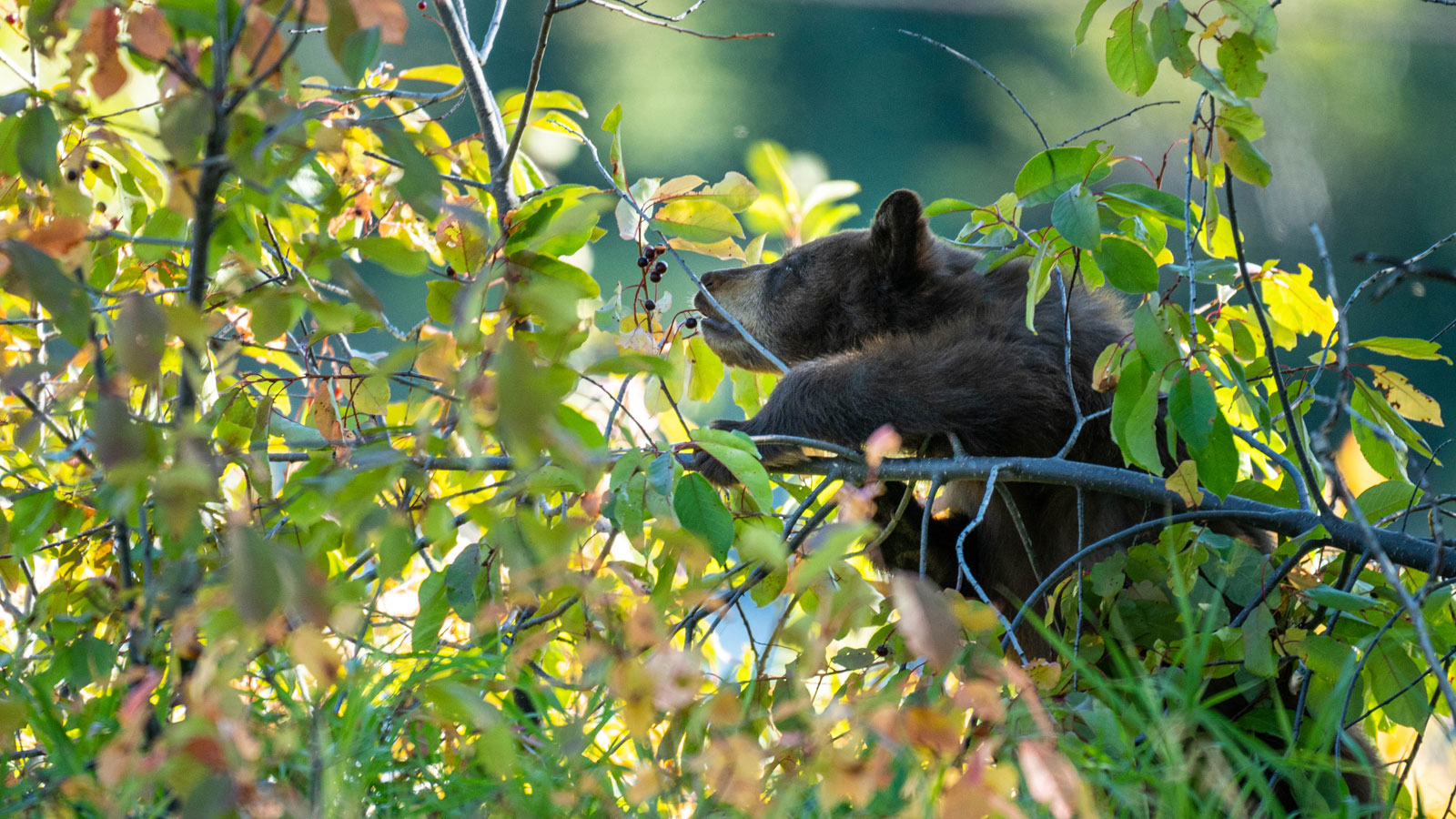When a bear or a bird stops to eat berries, the animal gets a snack, and the fruit seeds hitch a ride in the animal’s belly. The seeds’ journey ends when the animal poops.
“This is perhaps one of the most important ways seed dispersals happen,” says Alejandro Ordonez, an ecologist at the University of Aarhus in Denmark.
He says traveling by animal gut allows plants to move into new areas, so it can help them shift their ranges to adapt to climate change.
Large animals like elephants and bears are especially important chauffeurs that transport seeds long distances.
But populations of many seed-dispersing animals are declining because of habitat loss and other threats.
In recent research, Ordonez’s team studied how these species declines and extinctions affect the seed dispersal of fruiting plants.
“The current losses of animal species means that about 60% fewer seeds are able to be dispersed far enough to keep pace with the rates of climate change,” he says.
And if more vulnerable and endangered species are lost, seed dispersal will be even further diminished.
So protecting birds and mammals from extinction is critical to helping plants survive in a warmer world.
Reporting credit: Sarah Kennedy/ChavoBart Digital Media and Molly Matthews Multedo
Source link


